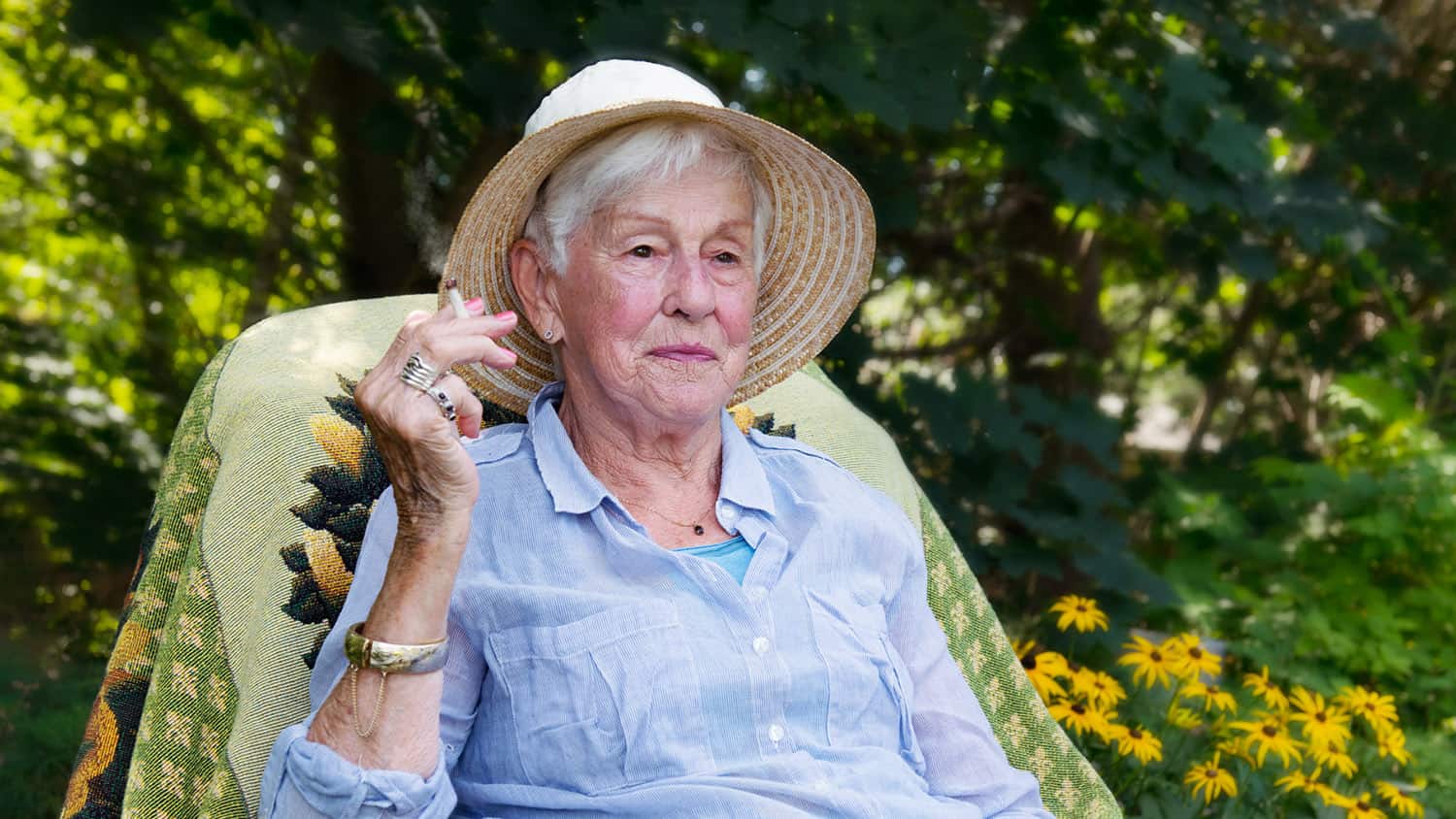
What Role Does “Good” Cholesterol Play in Maintaining Health in Our 60s? You May Be Surprised!
As far back as I can remember, conventional wisdom has been that the higher our HDL cholesterol levels, the less we and our healthcare providers had to be concerned about our ‘bad’ LDL cholesterol levels.
Now, new research is suggesting this may no longer be the case – especially for us boomer women. As you can imagine, these new insights into the role that good cholesterol plays in maintaining our health could affect our proactive efforts to stay healthy.
What, Exactly, Is Cholesterol?
Cholesterol is a very necessary waxy, fat-like substance that serves as an important building block in every single one of our cells. For example, we all need cholesterol to make hormones and vitamin D.
And our organs, mostly the liver, produce a lot of the cholesterol we need – about 80%. Only about 20% comes from the food we eat. If we have too much cholesterol circulating in our blood, it can create sticky deposits (called plaque) along the artery walls.
Plaque can eventually narrow or block the flow of blood to the brain, heart and other organs. Blood cells that get caught on the plaque can form clots which, if they break loose from the artery wall, can cause a stroke, heart attack or other organ deficiency.
Good and Bad Cholesterol
This is where the difference between ‘good’ and ‘bad’ cholesterol factors in. Reportedly, the bad cholesterol causes plaque build-ups in the arteries, and the good cholesterol carries fats away from the heart. This helps to reduce the build-up of plaque and lower the risk of cardiovascular disease.
In fact, many of us most likely have had this discussion with our doctor and heard that “HDL is good cholesterol and the higher, the better!”
However, boomers should be aware of some new and credible evidence that may be turning this long-held belief of “more HDL cholesterol is better” on its head. Higher levels of HDL may not necessarily mean lower risk for cardiovascular disease in some postmenopausal older women.
Apparently, changes that happen to our bodies during and after menopause may impact the ability of ‘good’ cholesterol to protect our hearts.
But it’s not only menopause that may affect how our good cholesterol works. Gene mutations may raise HDL cholesterol levels, and in these instances, rather than protecting against heart disease, it increases our risk for it.
Additionally, both high and low levels of HDL cholesterol may increase our risk for premature death. There is evidence that individuals with very high HDL – above 90 mg/dL – are more likely to die of non-cardiovascular causes than those whose HDL was more mid-range.
In fact, it has been suggested that we may want to work to keep our HDL levels in the range between 60 and 80 mg/dL.
What Does All This Mean for Boomers?
We should never forget the importance of balance in our quest to remain healthy. Having too much ‘good’ cholesterol may be harmful for our health and having too little may not be healthy either.
While research clearly indicates that there is more to HDL levels and how they can impact our heart health than previously believed, it cannot be viewed in isolation from other health factors.
Therefore, we should always work with our healthcare providers to look at our complete health picture and determine our risk for heart disease and what steps we should be taking to reduce it.
This includes looking at our weight, physical activity, nutrition, genetics and other risk factors such as diabetes and family history of heart disease.
Finally, always inquire about relevant tests that go beyond simple cholesterol measurements. For example, there are tests which evaluate inflammation, lipid deposits, endothelial dysfunction, clotting factors as well as other risk factors.
Let’s Have a Conversation:
When is the last time you had your cholesterol checked? What did your doctor tell you about your numbers? Have you ever had other heart diagnostic tests? Do you follow a heart-healthy diet? Tell us about it. Please join the conversation.
Editor’s Note: The information in this article is not professional medical advice and should not be treated as such.
Tags Healthy Aging







It’s really important we all take a proactive approach to our health which includes reading information such as this
I fought for ages against statins and got a referral to a Lipid Clinic in London and had a balanced view discussion with the consultant who explained the different types of cholesterol
I have familial high cholesterol which changes in diet and lifestyle wouldn’t help
Knowing that made all the difference
However diet, lifestyle, weight loss and exercise do help with the “good” cholesterol levels together with natural supplementation
Thank you for making this so clear in the article
Advocating for post menopausal women is super important